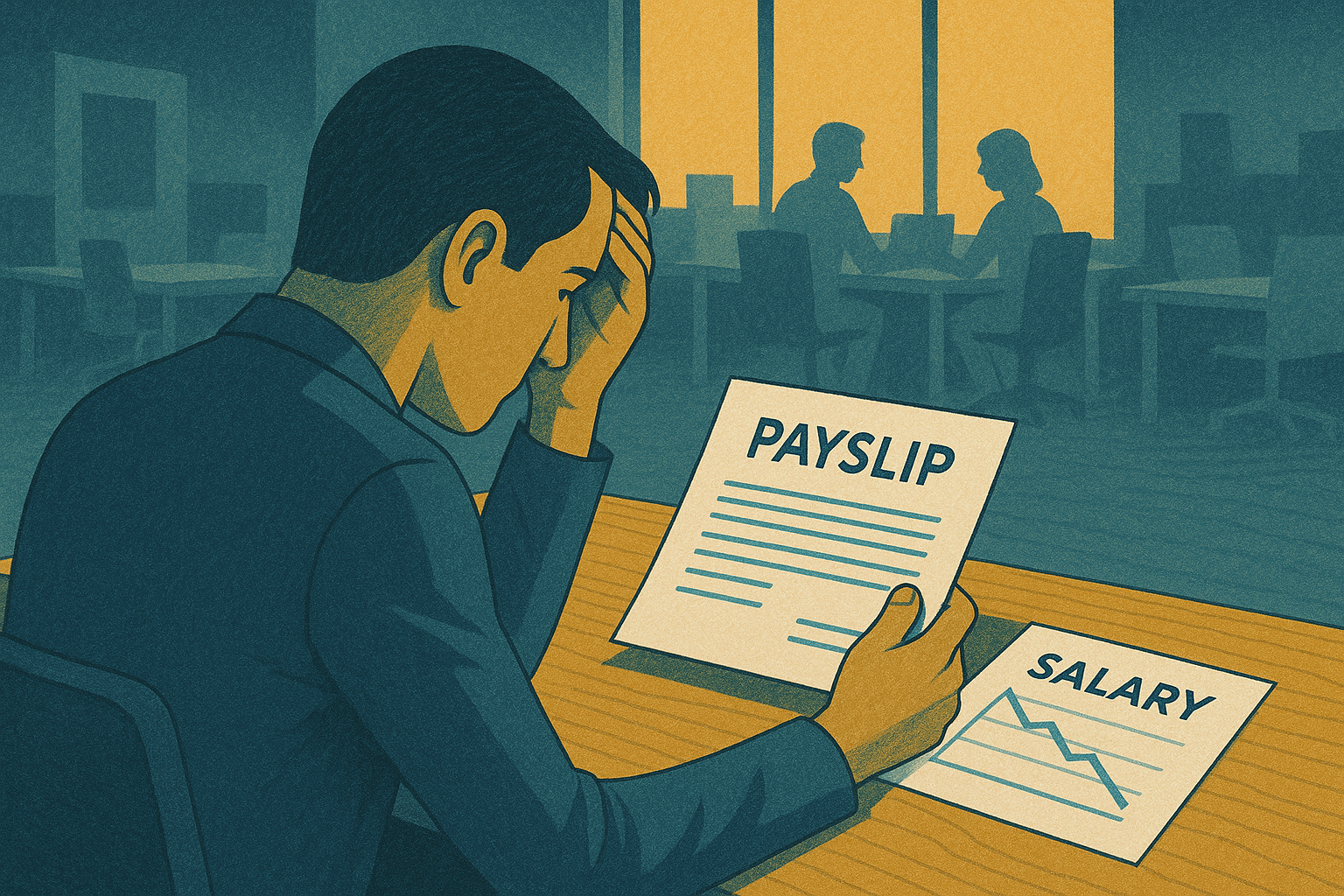UK pay settlements dropped to 3.0 per cent in the three months to July, reaching their lowest level since December 2021, according to the latest data from Incomes Data Research (IDR). The figures suggest growing caution among employers amid inflation uncertainty and continued labour market cooling.
IDR’s latest analysis showed a marked fall from the previous quarter’s 3.4 per cent median, and a sharp drop in the number of employers offering awards above 4 per cent. Only 9 per cent of recorded pay deals in July were at that level or higher — down from 39 per cent the month before. While July typically sees fewer settlements, IDR said the data also reflect a tightening pay environment across sectors.
Hiring has also slowed. A separate report by the Recruitment and Employment Confederation (REC) and KPMG showed permanent placements declining, starting salaries rising at the slowest pace in over four years, and candidate availability increasing at the fastest rate since late 2020. Neil Carberry, REC’s chief executive, said employers remained cautious: “Firms are concerned about long-term cost commitments in the face of uncertain growth.”
Employer-side concerns are also tied to recent tax rises. Chancellor Rachel Reeves raised national insurance contributions for employers by £25bn in her first Budget last October, and the prospect of further measures in November is widely seen as dampening confidence. A broader slowdown in wage inflation would align with Bank of England expectations, which link 3 per cent pay growth with progress toward the 2 per cent inflation target.
The Bank’s own survey of company decision-makers found that actual annual pay growth in July was still running at 4.7 per cent, but expectations for the year ahead had fallen to 3.6 per cent. Governor Andrew Bailey said last month that pay growth remains a key variable in the Bank’s assessment of inflation pressure.
Wage moderation could offer some reassurance to policymakers, but with hiring softening and job-seeker numbers on the rise, attention is now turning to the Chancellor’s Autumn Statement. The November fiscal event is likely to shape both employer confidence and the labour outlook into 2026.



